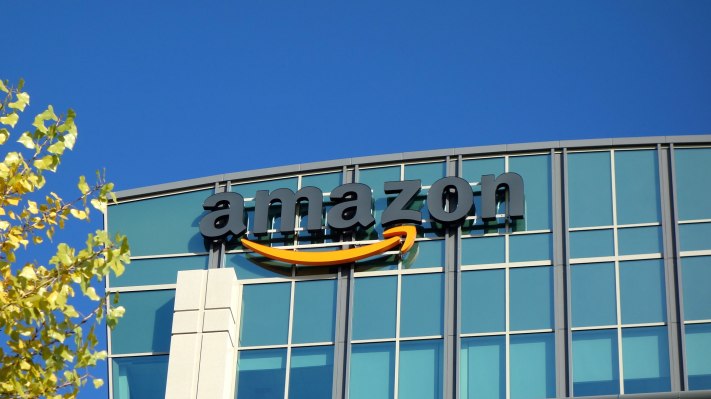Last week, Amazon addressed growing backlash against unfair warehouse wages by announcing plans to raise its minimum wage to $15 an hour. The news was largely lauded as a positive step by critics including Vermont Senator Bernie Sanders, who had helped push the company in that direction with strongly worded legislation.
The move was still met with criticism by some, including Amazon workers who noted that, along with the wage increase, the retail giant would also be removing bonuses and stock grants. Employees vocalized their concern, causing Amazon to further address the move. The company sent a letter to Sanders insisting that employees would still come out on top.
“Again, all hourly operations and customer service employees will see an increase in their base pay, as well as in their total compensation,” Amazon SVP Jay Carney said in the letter, obtained by the Jeff Bezos-owned Washington Post. “We are also proud to continue to provide our industry-leading benefits, including comprehensive healthcare, up to 20 weeks of paid parental leave and our Career Choice program, which pre-pays 95 percent of associates’ tuition for courses in high-demand fields.”
The letter goes on to explain that the increase in wages “more than compensates” for the workers’ loss of bonuses. Of course, the impact on individual workers is dependent on a number of factors, including how much they made prior to the increase. Those making, say, $14 an hour prior to the increase may only receive a $1 raise, which fails to make up for the loss of benefits.
The move appears to have a larger adverse impact on long time employees of the company, though Amazon has vowed to reach out to workers to better explain the changes.
Update: Amazon has reached out to offer the full (lengthy) statement.
All hourly Operations and Customer Service employees will see an increase in their total compensation as a result of this announcement. The significant increase in hourly cash wages effective November 1 more than compensates for the phase out of incentive pay and future RSU grants.
In addition, because it’s no longer incentive-based, the compensation will be more immediate and predictable. Employees who have previous grants that are vesting in 2019 and 2020 are keeping those grants, so they will benefit from both the value of those shares when they vest and the new increase in cash compensation. Some employees have benefited from a bull market and the unusually strong appreciation of Amazon’s stock price in recent years. This is a good outcome for those employees, but such stock price appreciation is by no means guaranteed to continue. Stock markets and individual stocks can go up, but they can also go down. For employees who want to invest in stock for the possibility of future growth, we will be rolling out a direct stock purchase plan in 2019.
We moved quickly to get this information to our teams as fast as possible knowing there would be certain cases that would need to be adjusted between the announcement and November 1st when this new $15 minimum takes effect. As we have said throughout this process we have been adjusting site by site and person by person as needed since the announcement to ensure everyone experiences the benefit of this change.
